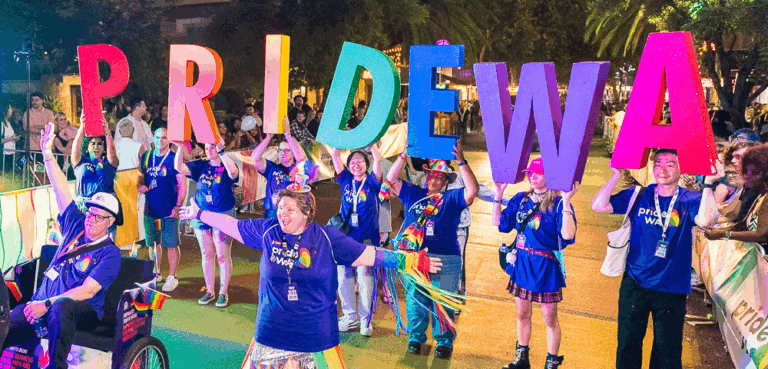
Director’s cut: Lawrence Johnston talks about his film “Night Out”
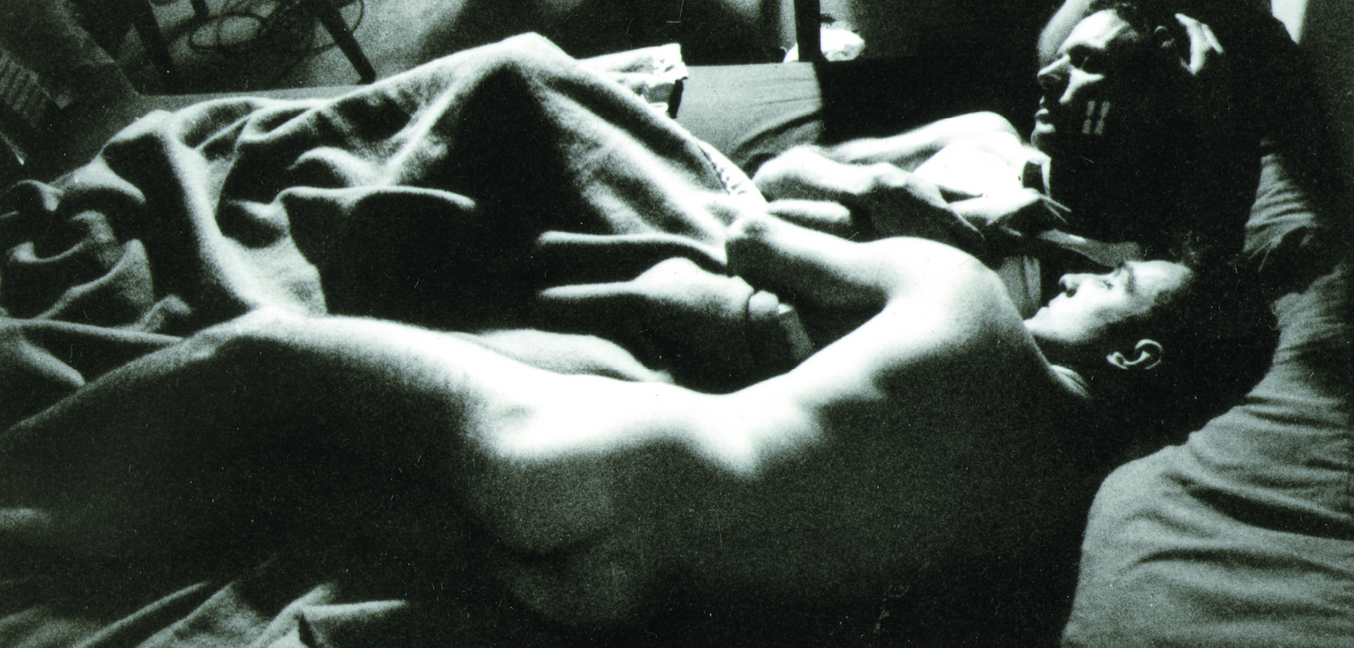
TWENTY five years ago, Lawrence Johnston’s film Night Out gained the director international recognition when it became an Official Selection for the Un Certain Regard section of the Cannes Film Festival. In a special panel session during this year’s MQFF, Johnston will revisit his film about two men struggling with the impact on their relationship of a brutal homophobic assault.
Johnston has since gone on to become a highly-regarded Australian filmmaker with films like Eternity and Night, but said looking back on the experience of making the film he’s reminded of the origins of MQFF itself. It’s no coincidence that Night Out is celebrating a 25th birthday at the same time as the festival — it was co-founded by Johnston when he returned from Cannes.
“I’m really pleased, it’s amazing it’s continued so long… there’s a lot of questions at the moment around representation of gays and lesbians in the media, in television and film,” he said.
“Things that were really important (in Night Out) that people take for granted now were that the men in the film would touch one another, or that they would kiss one another, or that they would be physically intimate. These sort of things we see far more commonly now, in things like Looking, the HBO show.
“Back then there were things like that that just, people would literally make sounds, or feel sick, or whatever. When you talk about it now it seems weird, but that’s the way things were.”
Johnston argued that even as gay characters become more integrated into media, it is important to keep exploring what can make same-sex relationships different and specific, like the experiences of his characters in Night Out.
“I know people who, they’re in a couple, they have children, they do everything that heterosexual people do… this might sounds homophobic, but what’s different? What are you aspiring to do? Are you aspiring to be heterosexual?” he asked.
“Of course people have wants and yearnings to have children, which I just don’t have, but they adopt this sense of ‘normalcy’, or what they see as a sense of social immersion or something, which is attractive to a lot of people because there’s nothing confrontational about it.”
Night Out is screening on Saturday, March 21 at 2pm, along with a special panel session reflecting on the film’s legacy and queer cinema in general. Details and tickets: click here
The 25th Melbourne Queer Film Festival is on March 19–30. For the full line up of movies, venue details and to book tickets, visit: mqff.com.au
________________
**This article was first published in the April edition of the Star Observer, which is available to read in digital flip-book format. To obtain a physical copy, click here to find out where you can grab one in Melbourne, Sydney, Brisbane, Adelaide, Canberra and select regional/coastal areas.
________________
RELATED: Robert Chuter on his world premiere film “The Dream Children”
RELATED: Director’s cut: Lisa Daniel reflects on her final Melbourne Queer Film Festival
RELATED: Local audiences aren’t supporting queer Aussie films: MQFF director
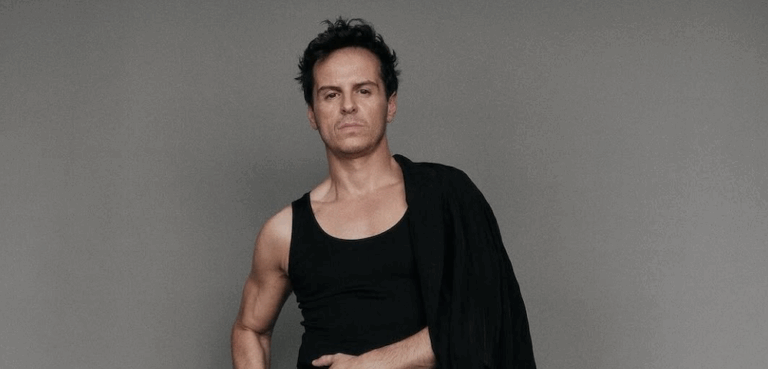
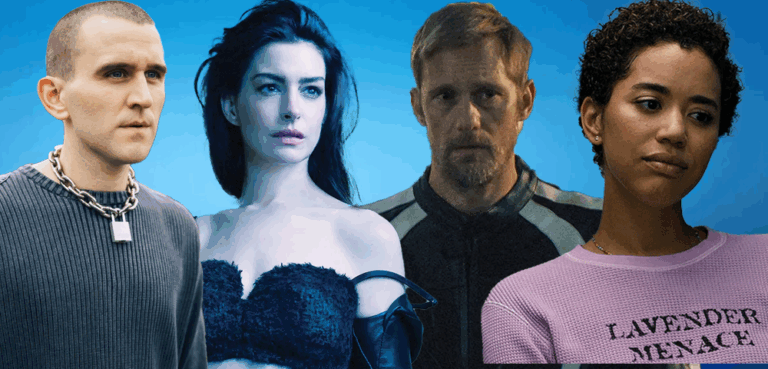
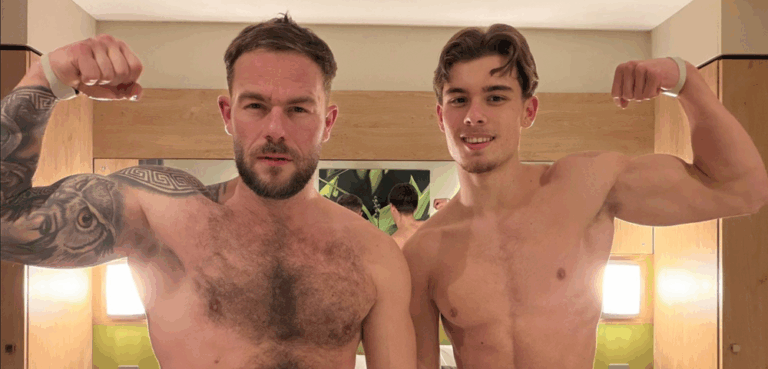
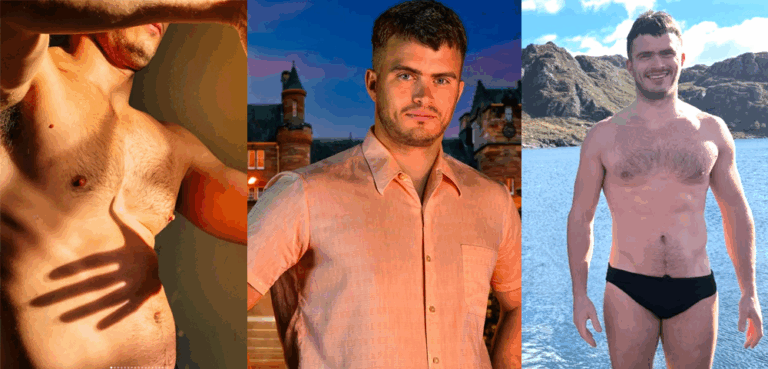
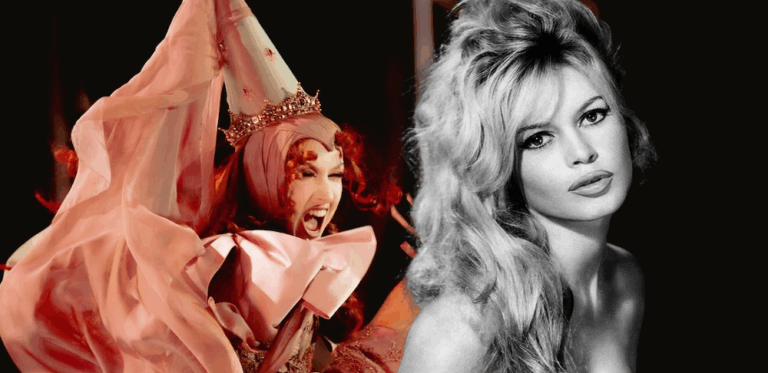

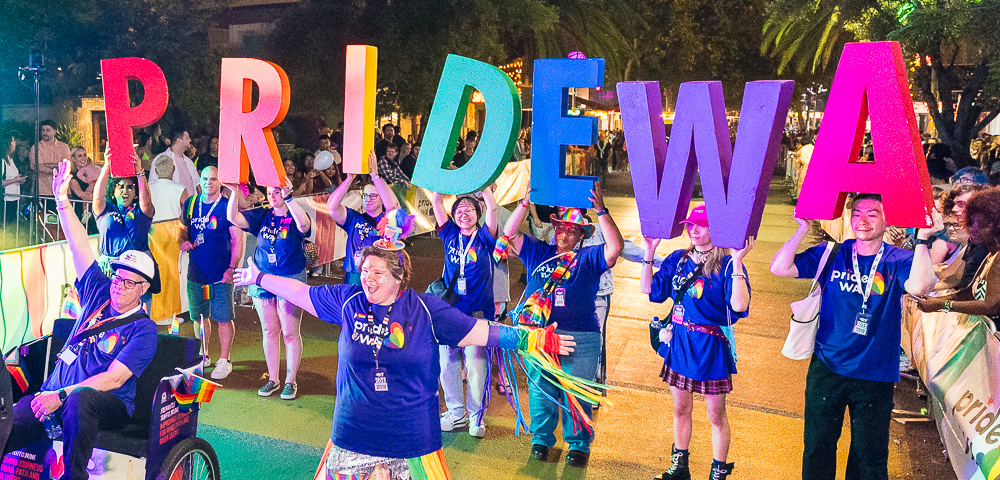
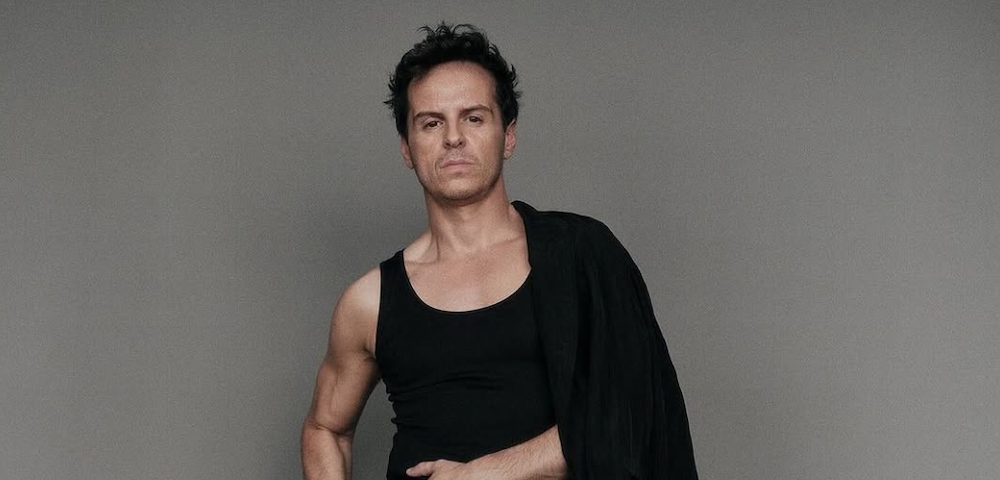
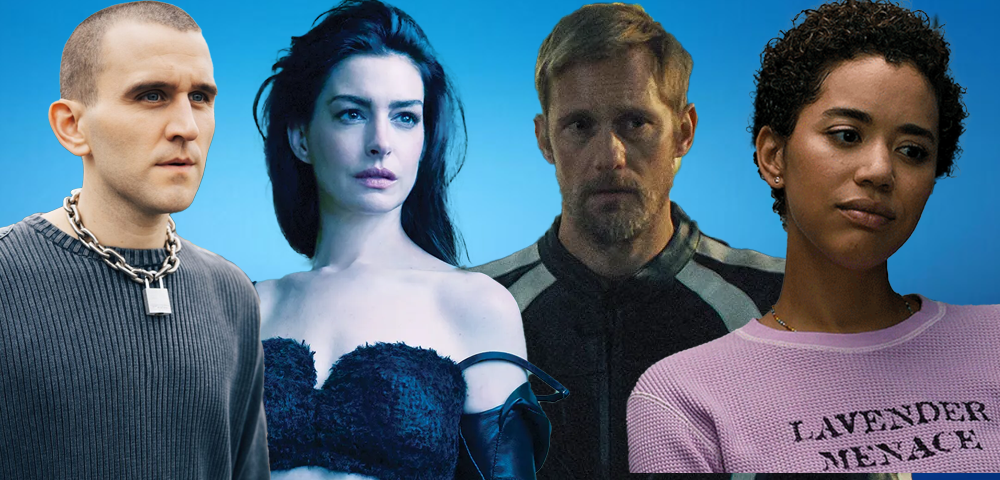
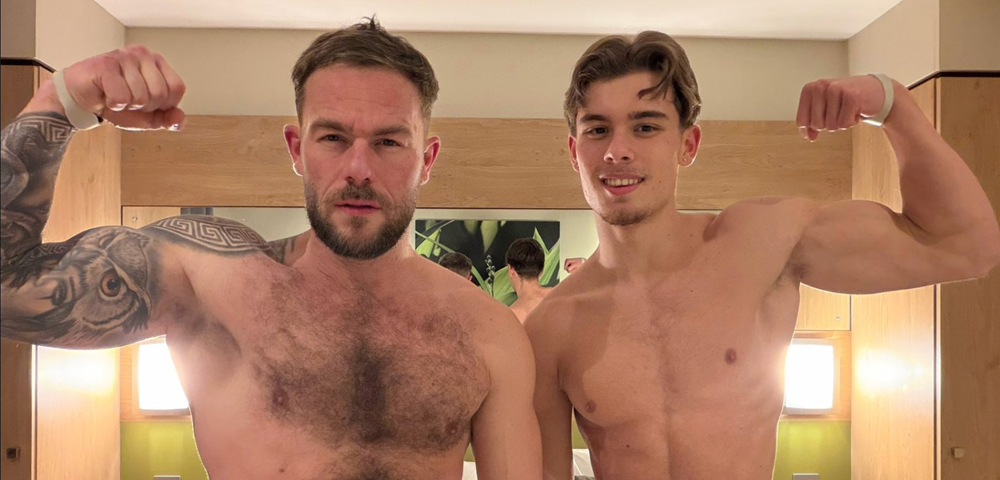
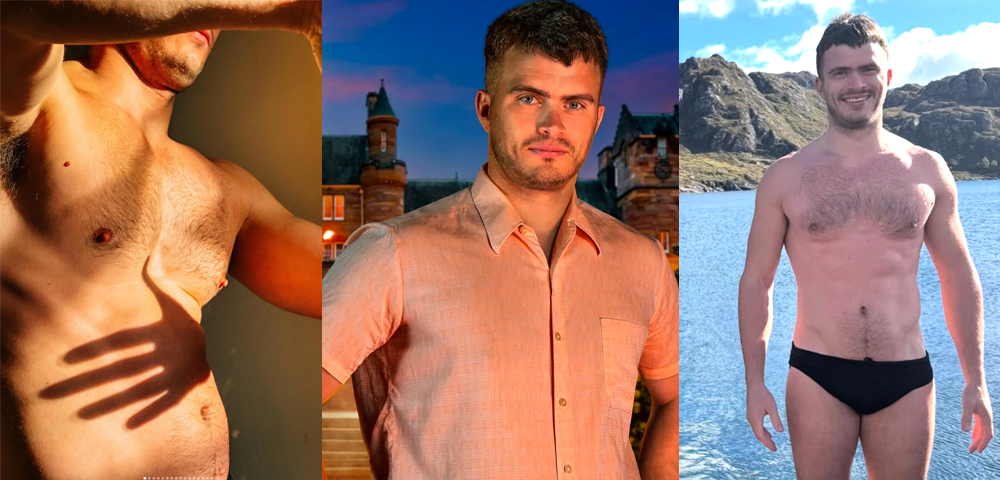
I found the queer very normal very talented i like there customs too
Should be interesting
Joshua Olshina